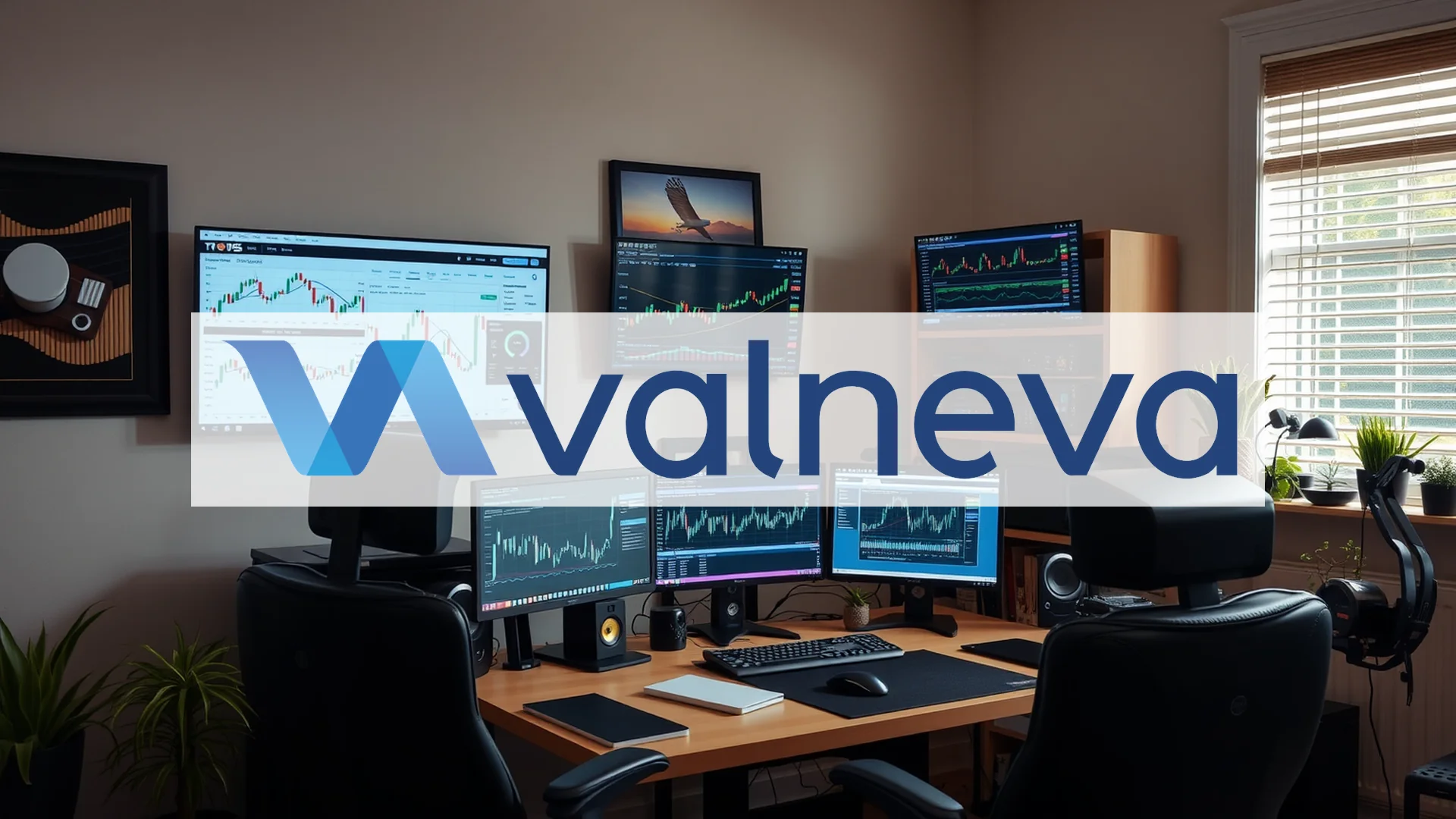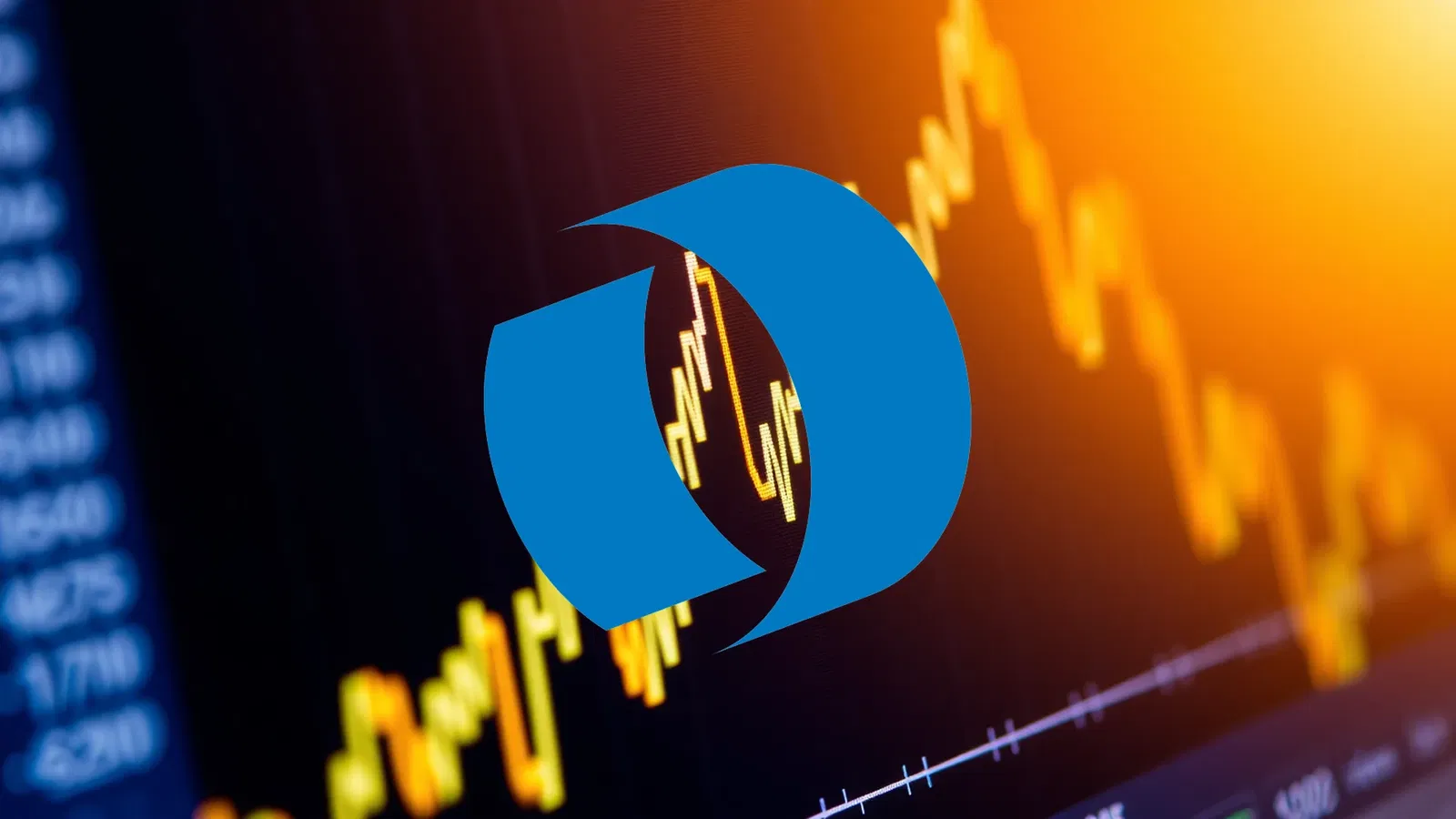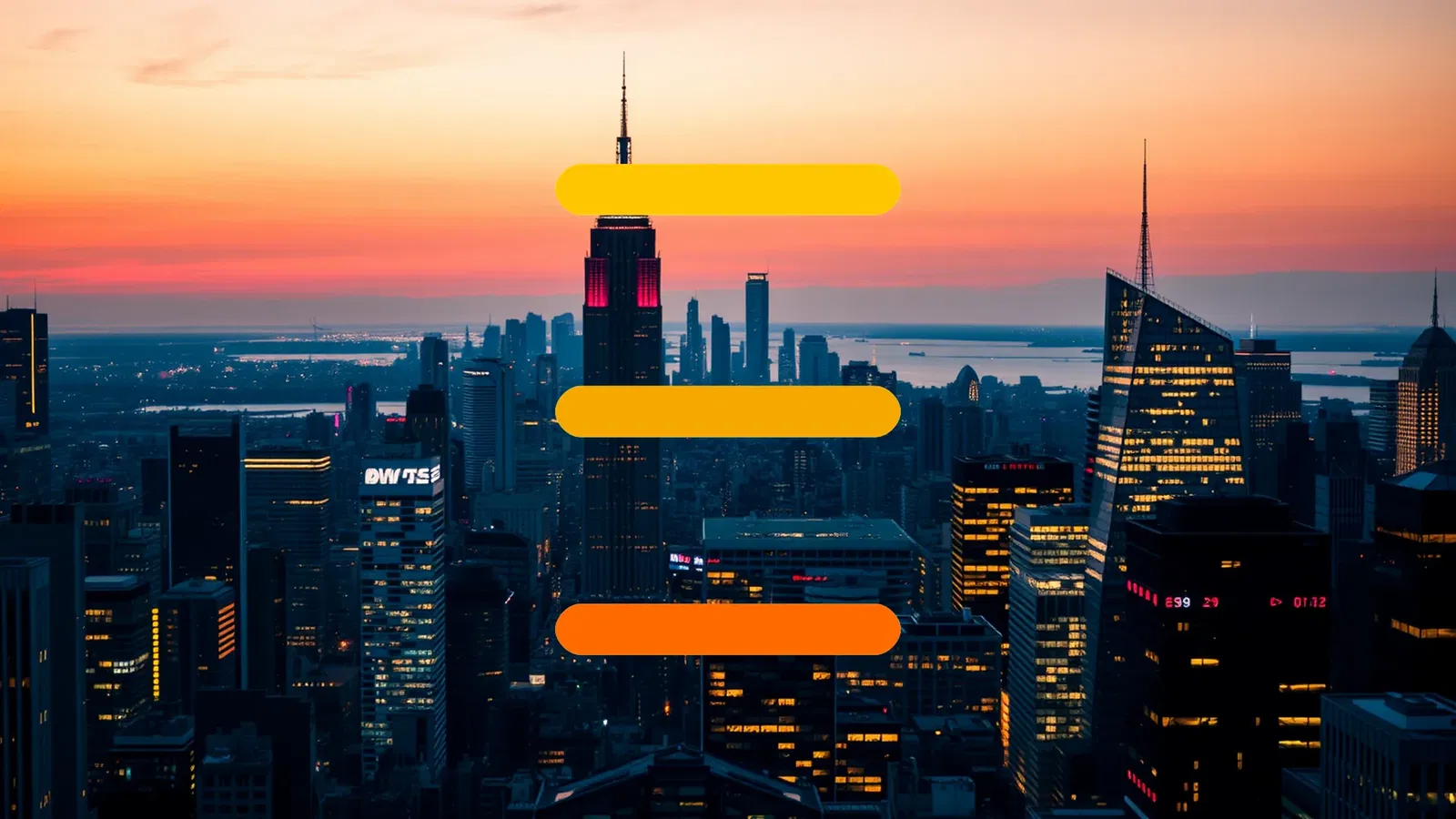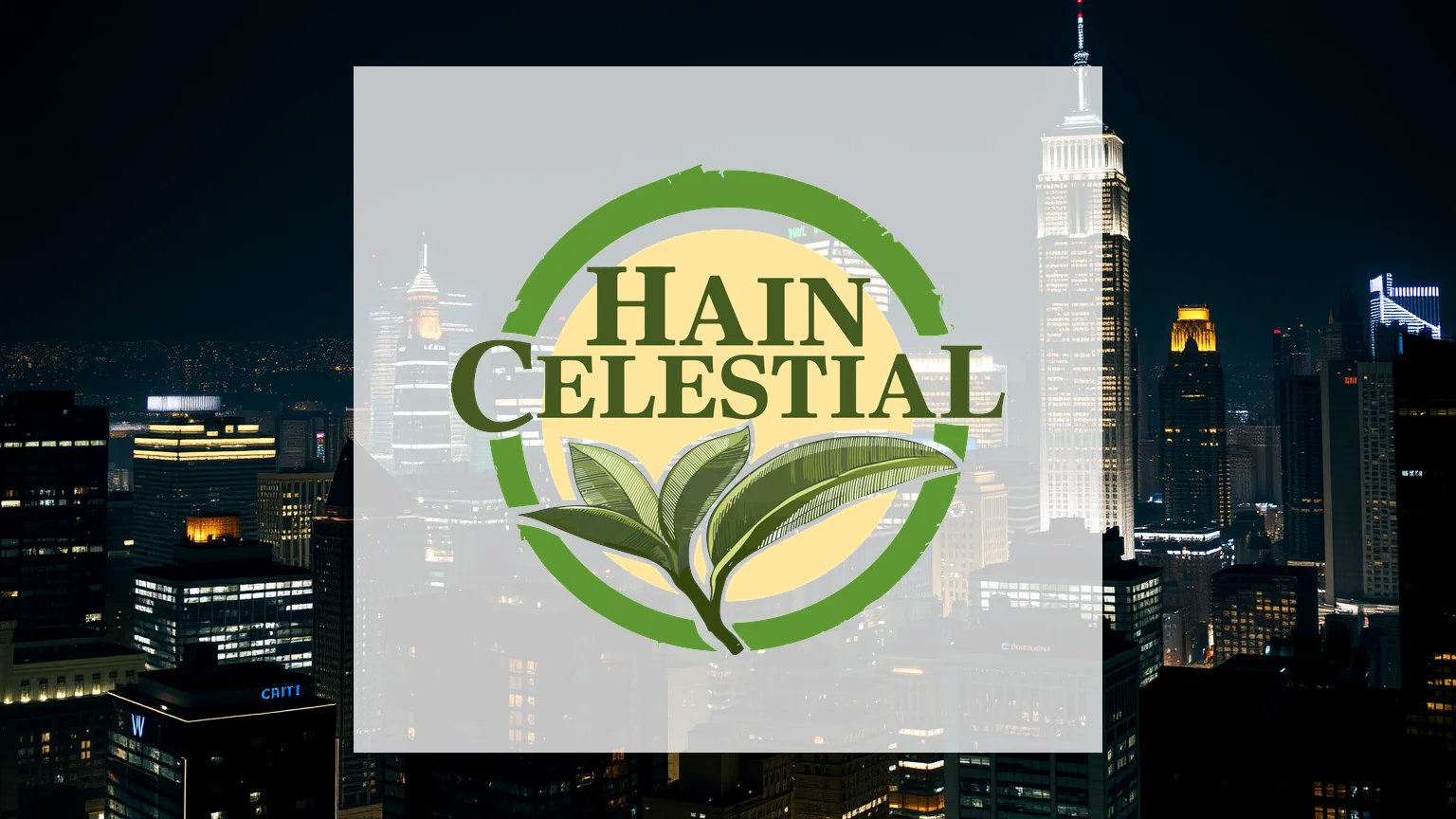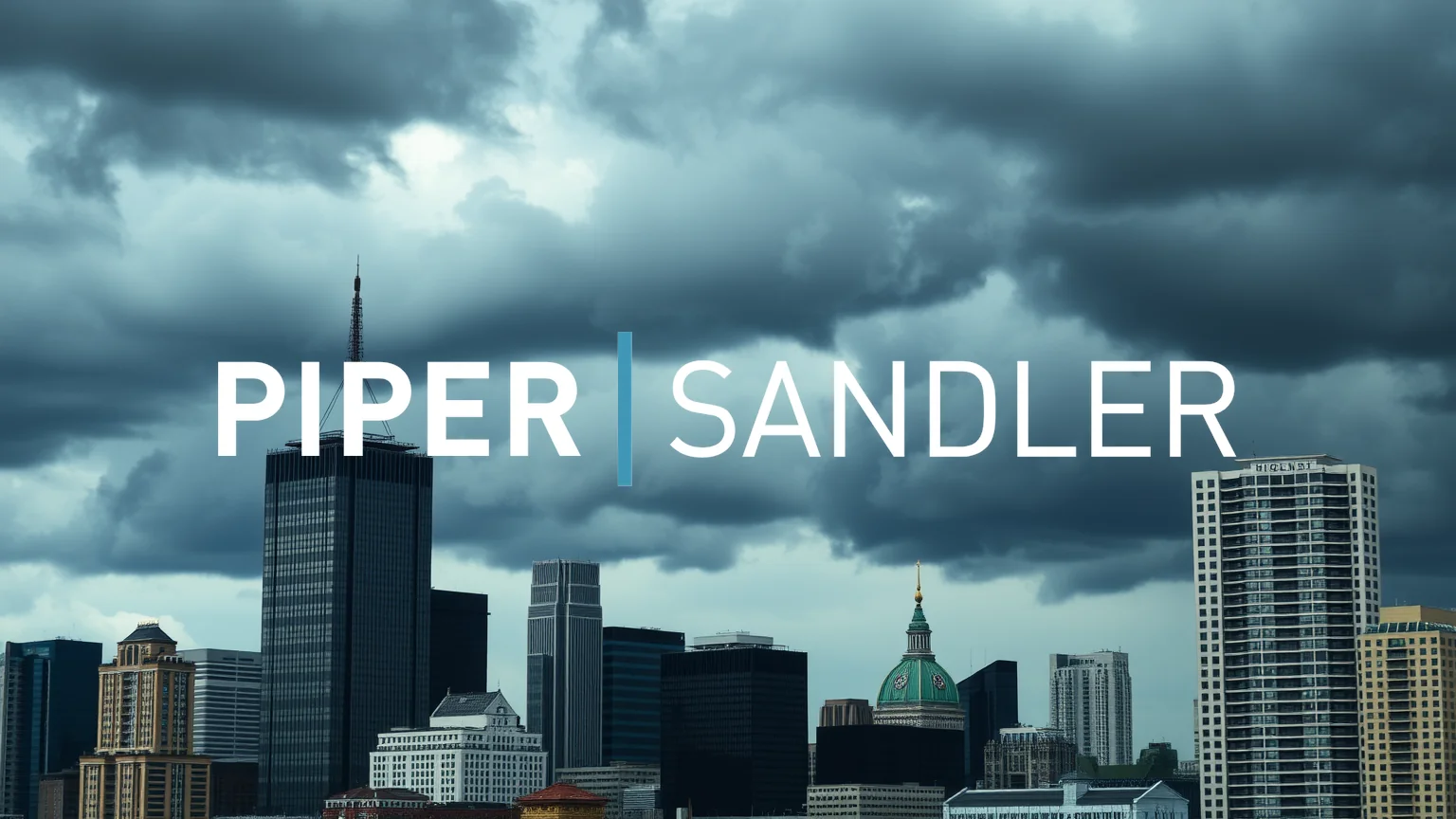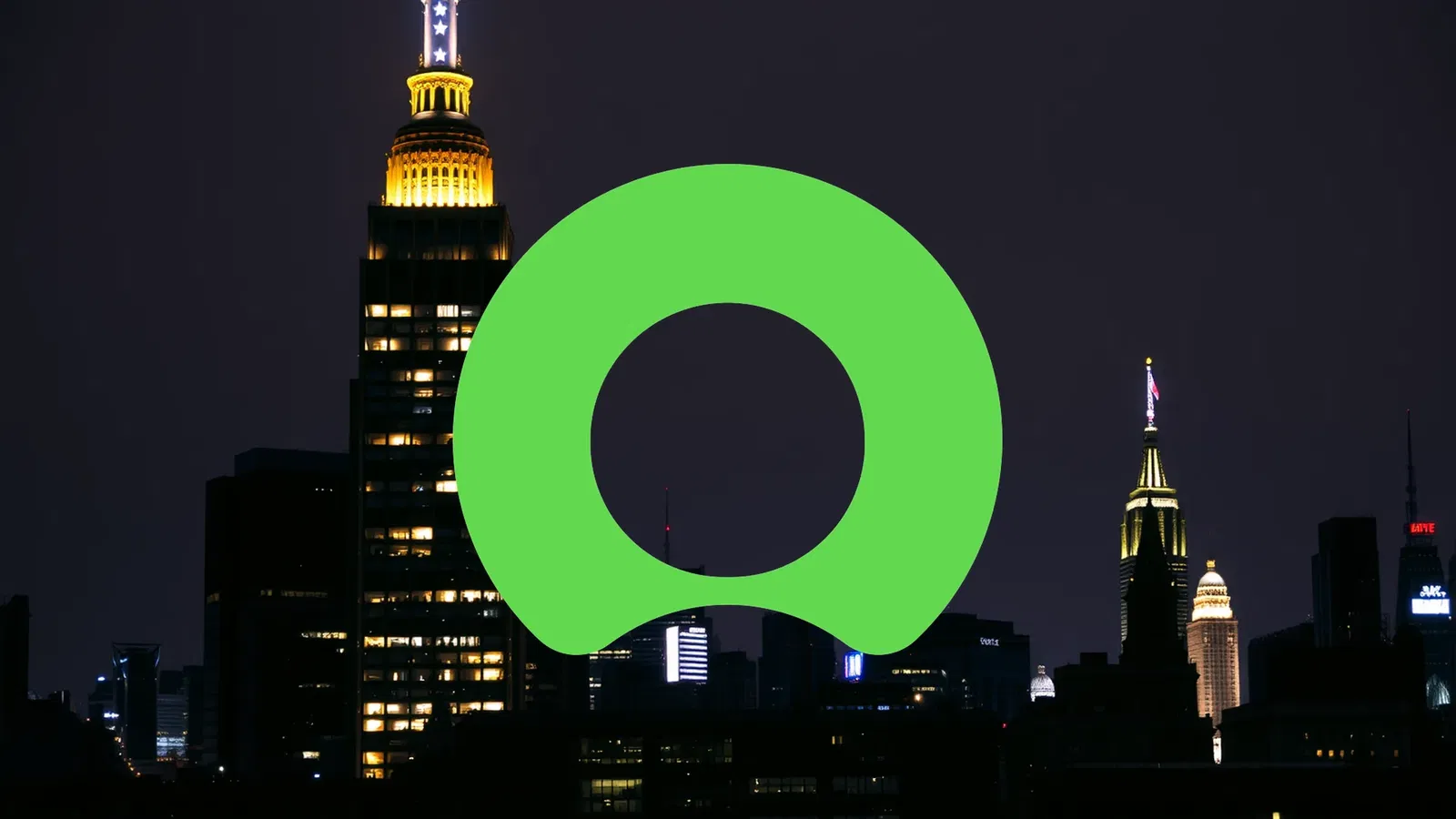French biotechnology firm Valneva has encountered a severe regulatory obstacle following the US Food and Drug Administration’s (FDA) immediate suspension of its Chikungunya vaccine, IXCHIQ®. This decisive action was prompted by emerging safety reports, including a fatal case of encephalitis directly linked to the vaccine. The development raises significant questions about the company’s ability to navigate this crisis.
A Series of Adverse Events Prompt FDA Action
The regulator’s decision was not made in isolation. Between July 17 and August 15, four additional patients reported severe adverse reactions after receiving the IXCHIQ® immunization. The individuals, three aged between 70 and 82 and one 55-year-old, exhibited symptoms consistent with Chikungunya-like illness—the very condition the vaccine is designed to prevent.
The cumulative safety data presents a concerning picture:
– A total of 32 reports of serious adverse events
– 21 instances requiring hospitalization
– 3 patient deaths
– 1 confirmed fatality from encephalitis, with the vaccine’s virus identified in cerebral spinal fluid
Immediate US Market Suspension Creates Revenue Void
The FDA’s ruling triggers an immediate and complete halt to all IXCHIQ® commercial activity in the United States for Valneva. The company is prohibited from further distribution or sales and must formally notify all its partners of the suspension.
Chief Executive Thomas Lingelbach attempted to project stability despite the setback, stating, “Valneva remains fully committed to maintaining access to our vaccine as a global public health tool.” However, the market will likely question whether this assurance can mitigate the substantial commercial impact.
Should investors sell immediately? Or is it worth buying Valneva?
Divergent Regulatory Paths: EU Maintains Approval
In contrast to the US approach, European authorities have taken a different stance. The European Medicines Agency had already lifted its temporary restrictions on patients over 65 in July. IXCHIQ® continues to hold marketing authorization across the European Union, Brazil, and other international markets.
This regulatory discrepancy underscores the complex risk-benefit analyses involved with live-attenuated vaccines. Notably, the FDA had only recently, in early August, reinstated vaccine use for patients over 60 after a previous pause, making the subsequent full suspension particularly striking.
Financial Implications for Growth and Pipeline
Losing access to the US market deals a significant blow to Valneva during a pivotal expansion period. The company reported total revenue of €97.6 million for the first half of 2025, with product sales contributing €91.0 million.
Valneva now has a ten-business-day window to formally request a hearing with the FDA to potentially delay a permanent revocation. While the company’s development pipeline—including vaccines for Lyme disease, Shigella, and Zika—remains technically unaffected for now, the financial strain from this event could impede future research and development efforts.
Ad
Valneva Stock: Buy or Sell?! New Valneva Analysis from February 7 delivers the answer:
The latest Valneva figures speak for themselves: Urgent action needed for Valneva investors. Is it worth buying or should you sell? Find out what to do now in the current free analysis from February 7.
Valneva: Buy or sell? Read more here...

